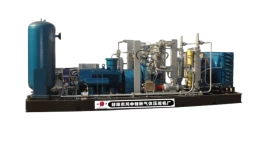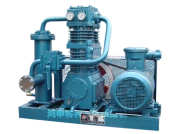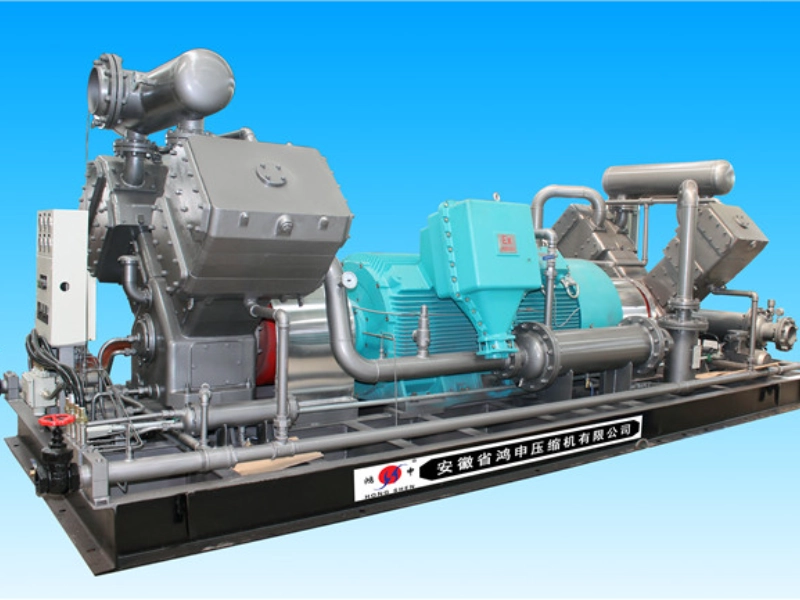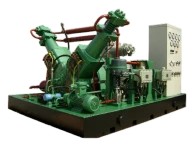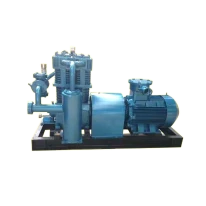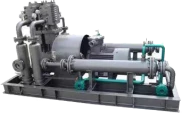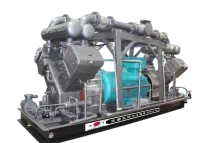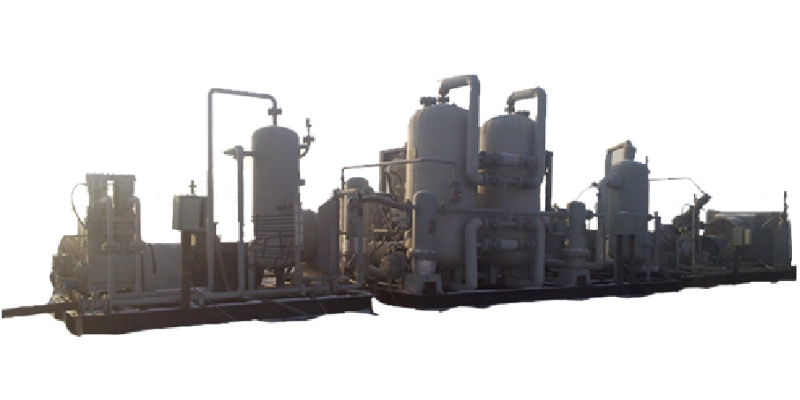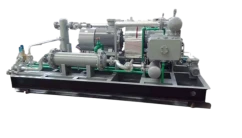As essential equipment in the modern energy supply chain, natural gas compressors carry the critical task of transporting natural gas to end users. However, operating in high-pressure, high-temperature environments, natural gas compressors face numerous potential safety hazards. Therefore, ensuring the safety of natural gas compressors is not only crucial for the proper operation of the equipment but also directly impacts the stable development of the industry and environmental protection.
Natural Gas Compressor Safety Hazards
Natural gas compressors can face a range of safety issues during operation, the most common of which include gas leaks, overloads, fires, and explosions. Gas leaks are particularly threatening due to the flammable and explosive nature of natural gas. Once a leak occurs, it not only wastes significant energy but can also cause serious fires. Furthermore, mechanical fatigue, poor lubrication, and corrosion accumulated over long-term operation can lead to failures, resulting in equipment downtime or even more serious accidents.
Safety Solutions: Technological Innovation and Improved Regulatory Mechanisms
With technological advancements and the continuous improvement of industry standards, the safety of natural gas compressors has significantly improved. Firstly, the application of intelligent technology provides a strong guarantee for the safety monitoring of natural gas compressors. Using the Internet of Things (IoT), compressors can transmit real-time operating data and monitor key parameters such as gas flow, temperature, and pressure. If the system detects any anomaly, intelligent sensors immediately generate an alarm and automatically perform troubleshooting, significantly reducing the possibility of human error.
Secondly, modern compressor equipment incorporates multiple safety features, such as double-sealing systems, automatic gas leak detection systems, and overload protection devices. These features effectively prevent safety incidents caused by equipment failure. For example, if a gas leak occurs, the system automatically shuts down the source and activates emergency exhaust to reduce the risk of explosion. Furthermore, many compressors are equipped with firewalls and high-temperature-resistant materials to effectively reduce the risk of fire.
Regular Maintenance and Inspection: Ensuring Stable Equipment Operation
In addition to the application of smart technology, the safe operation of natural gas compressors depends on regular maintenance and inspection. Natural gas compressor manufacturers recommend that natural gas compressors undergo a comprehensive inspection and maintenance at least annually, especially for older equipment, with regular replacement of vulnerable parts. Predictive maintenance technology allows for remote monitoring of equipment to proactively detect potential failures, avoiding unexpected equipment downtime and safety incidents.
During daily operations, operators must strictly follow operating procedures and regularly check equipment status to ensure pressure and temperature are within safe ranges. Furthermore, operators must receive professional training and possess emergency response capabilities to ensure they can take prompt action to ensure personal safety in the event of an incident.
Conclusion
The safety of natural gas compressors is not only crucial to production efficiency but also fundamental to the healthy development of the energy industry. Technological innovation and a robust safety management system have significantly improved the safety of natural gas compressors, but this does not mean we should relax our vigilance. Only by continuously strengthening technological research and development, refining operating procedures, and strengthening equipment maintenance can we truly ensure the safe and efficient operation of natural gas compressors and provide a solid foundation for global energy supply.

